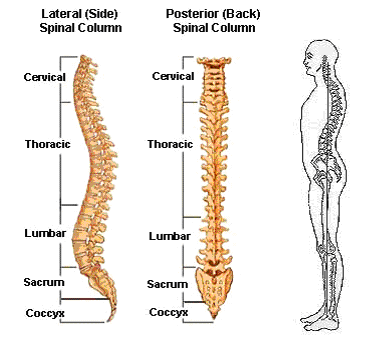
There are several ways that fashion and apparel brands can implement agile methodology into their current design, development, and production workflows: Break down projects into smaller iterationsĪgile methodology emphasizes breaking down projects into smaller, more manageable chunks. Tips for Fashion Brands Implementing Agile Principles Related Article: Mitigating Supply Chain Risks Overall, agile methodology can help fashion and apparel brands to be more responsive, collaborative, and customer-focused while enabling them to deliver high-quality products quickly and continuously improve their processes and operations. Agile methodology encourages continuous improvement through regular feedback and retrospectives, enabling teams to learn from their mistakes and make incremental improvements over time.

In fashion, there is always room for improvement, whether it’s in product design, production processes, or supply chain management. Agile methodology emphasizes a customer-focused approach, with teams working closely with customers or stakeholders to gather feedback across the product lifecycle and adjust project plans as needed. The success of fashion brands often hinges on their ability to understand and respond to customer needs and preferences. Agile methodology prioritizes collaboration and communication between team members, facilitating cross-functional cooperation and helping to ensure that everyone is aligned on project goals and objectives. These departments are often siloed using legacy PLM systems or and software. Collaborationįashion brands often have large, cross-functional teams working together, including designers, merchandisers, buyers, marketers, and more. Agile methodology emphasizes flexibility and responsiveness to change, enabling teams to quickly adapt to changing circumstances and reprioritize tasks as needed. The fashion industry is known for its unpredictability, with sudden changes in demand, shifting consumer preferences, and unexpected supply chain disruptions. Agile methodology is well-suited to fast-paced environments, as it allows teams to deliver working products or features quickly and iterate as needed. Trends and styles can change quickly, and being able to get products to market quickly can give brands a competitive edge. Here are a few ways modern brands can benefit from adopting agile principles into their workflows: Faster time-to-market Overall, agile methodology is a flexible, collaborative, and responsive approach to project management that allows teams to quickly adapt to changing requirements and priorities, while continuously improving their workflows and products.Īgile methodology can be particularly beneficial for fashion and apparel brands due to the rapidly changing nature of design, development, and manufacturing processes across the industry. How Fashion & Apparel Brands Benefit from Agile Methodology

Related Article: 6 Ways Design Teams Increase Speed to Market with Fashion PLM Overall, agile PLM for fashion and apparel brands is a powerful tool for enabling agile product development and supply chain management in the fashion industry, helping brands to stay competitive and responsive to changing consumer needs and trends.
#Backbone plm terms software#
This type of software also provides tools for managing sourcing and supplier relationships, enabling brands to better manage their supply chain and respond quickly to changes in demand or unexpected disruptions. Agile PLM for fashion and apparel brands provides a single platform for managing design, development, sourcing, and production processes, allowing teams to work collaboratively and efficiently.Īgile Fashion PLM is designed to support the iterative, fast-paced nature of the fashion industry by enabling teams to quickly create and share designs, track progress, and identify potential bottlenecks or issues. Agile Product Lifecycle Management (PLM) is software that enables fashion and apparel brands to manage their product development process in an agile way.


 0 kommentar(er)
0 kommentar(er)
